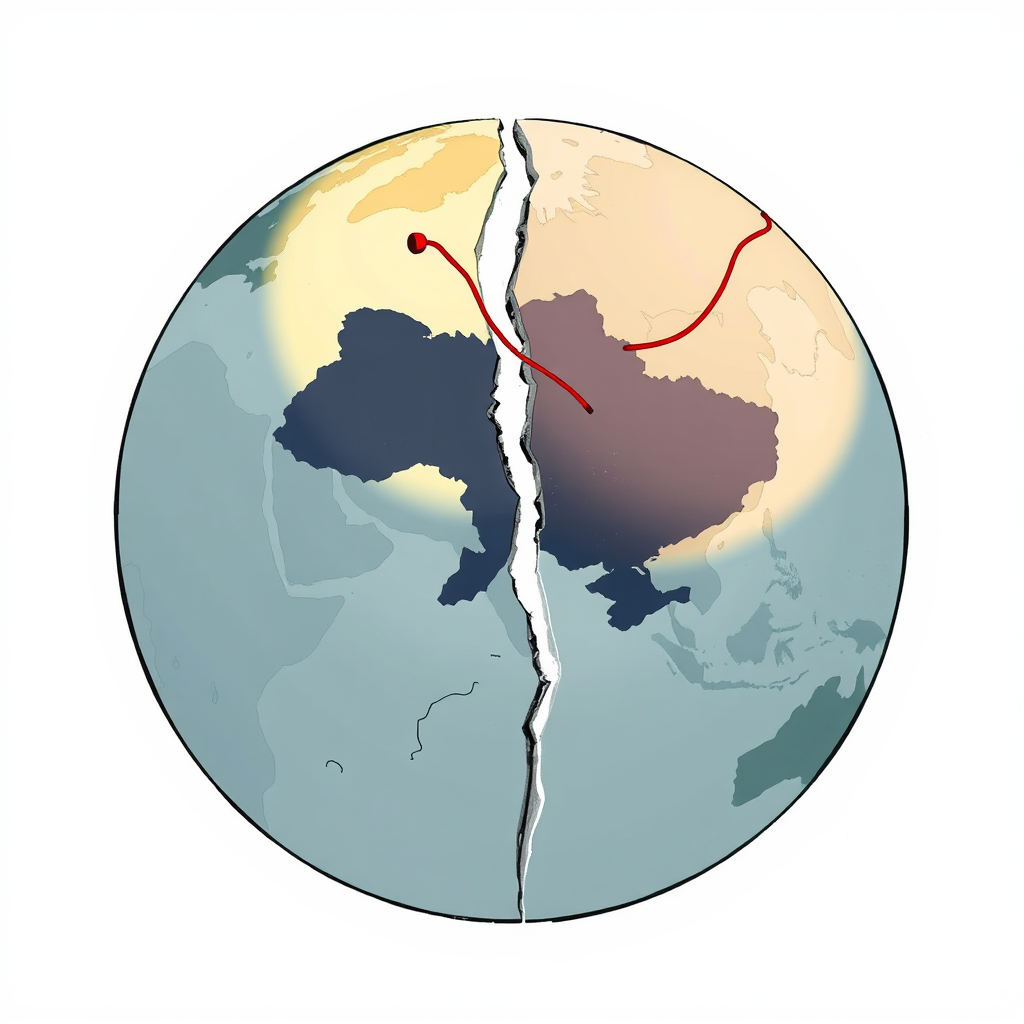Zelensky Accuses US Silence of Empowering Putin

Kyiv – Ukraine endured one of its heaviest aerial assaults of the war overnight, prompting a sharp rebuke of the United States from President Volodymyr Zelensky, who accused Washington of emboldening Russia through its perceived inaction. Ukrainian officials reported nearly 300 attack drones and 70 missiles were launched by Russian forces, resulting in at least 12 confirmed fatalities. Russia’s Defense Ministry countered these claims, asserting its air defenses intercepted and destroyed 95 Ukrainian drones.
Zelensky, via social media platform X, condemned the ongoing attacks, highlighting the relentless nature of the conflict despite weekend respites. He directly criticized the “silence of America,” arguing it provides tacit encouragement to Russian President Vladimir Putin and his continued aggression. Zelensky stressed the necessity of robust pressure on Russia, including strengthened sanctions, to halt the violence and achieve a lasting peace.
The exchange occurs against a backdrop of prisoner swaps – 303 Ukrainian defenders were returned home as part of a larger, agreed-upon exchange of 1,000 prisoners – and ongoing, albeit complex, diplomatic efforts. A recent prisoner exchange represents the third installment of a deal brokered in Turkey, aiming to release 1,000 prisoners of war from each side.
Meanwhile, Keith Kellogg, former President Trump’s special envoy for Ukraine and Russia, called for an immediate cease-fire, condemning the attacks as a violation of the 1977 Geneva Protocols and a shameful act of violence against civilians.
The situation is further complicated by recent interactions between Trump and both Zelensky and Putin. Trump described a two-hour phone conversation with Putin as positive, announcing the immediate commencement of cease-fire discussions. He subsequently spoke with Zelensky and other European leaders. Zelensky characterized the discussions with Trump as a “defining moment,” reiterating Ukraine’s readiness for a full and unconditional cease-fire, but also warning that stronger sanctions are needed if Russia refuses to de-escalate.
The relationship between Washington and Kyiv has been strained at times. A heated discussion between Zelensky and Trump in the Oval Office in February was publicly documented, revealing disagreements over cease-fire efforts. However, subsequent meetings, including one in Rome ahead of Pope Francis’ funeral, appear to have eased tensions, with Zelensky expressing hope for future collaboration.
It’s clear that while diplomatic channels remain open, a genuine and lasting peace hinges on a concerted effort from all parties involved. Zelensky’s pointed criticism of the U.S. underscores the urgency of the situation and the critical role American leadership plays in de-escalating the conflict. The current dynamic suggests that a purely diplomatic solution is unlikely without a significant shift in strategy and a willingness to apply meaningful pressure on Russia to end the violence. The reliance on dialogue alone, without a credible threat of consequences, risks prolonging the suffering and undermining any prospect of a peaceful resolution.